A product could not be loaded.
by Johann Konrad Wilhelm Löhe
translated by Rev. Dr. John Stephenson
Registrar & Professor of Historical Theology
Concordia Lutheran Theological Seminary, St. Catharines, Ontario
 Over fifteen years ago, Repristination Press began its work of publishing the works of our Lutheran forefathers with a reprint of Löhe’s (or Loehe’s) Liturgy for Christian Congregations of the Lutheran Faith (selected portions of the third edition of Loehe’s Agende, which had originally been published in 1902. In connection with our 15th anniversary, Repristination Press published an English translation of Loehe’s 1849 Aphorisms.
Over fifteen years ago, Repristination Press began its work of publishing the works of our Lutheran forefathers with a reprint of Löhe’s (or Loehe’s) Liturgy for Christian Congregations of the Lutheran Faith (selected portions of the third edition of Loehe’s Agende, which had originally been published in 1902. In connection with our 15th anniversary, Repristination Press published an English translation of Loehe’s 1849 Aphorisms.
The 1849 and 1851 Aphorisms constitute Löhe’s two most significant detailed studies on the Office of the Holy Ministry. Dr. Stephenson’s translation is the first English edition of 1849 Aphorisms.
Löhe’s substantial involvement in ministry and mission in the North America (including founding Concordia Theological Seminary-Fort Wayne, and providing support for American missions) highlight the importance of his thought for confessional Lutherans. One need not agree with all of Löhe’s conclusions to acknowledge the importance of his role in supporting confessional Lutheran theology and practice in America and around the world.
Dr. John Stephenson’s excellent translation of this important text was carried out from the original edition, including Löhe’s footnotes from the original edition, and additional endnotes by the translator.
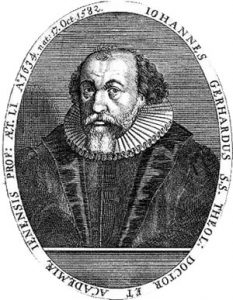 Johann Gerhard (1582–1637) has long been recognized as the greatest theologian of the Age of Lutheran Orthodoxy (1580–1713). In 1611, Gerhard published a summary of Christian dogmatics under the title, Aphorismi Succincti et Selecti… A generation later, Ralph Winterton published an abridged English title of this work under the title, A Golden Chaine of Divine Aphorismes (1632). However, a complete translation has been unavailable until now.
Gerhard’s Succinct and Select Theological Aphorisms was written during a particularly significant period in the theologian’s work when he produced books such as On the Legitimate Interpretation of Sacred Scripture (1610) and A Comprehensive Explanation of Holy Baptism and the Lord’s Supper (1610). Gerhard’s Succinct and Select Theological Aphorisms provides a thorough summary of classical Lutheran dogmatic theology divided into twenty-three chapters.
Rev. Paul A. Rydecki’s translation of Gerhard’s Succinct and Select Theological Aphorisms is his tenth volume translated from the classics of the Age of Lutheran Orthodoxy and his fourth volume from the writings of Johann Gerhard.
Johann Gerhard (1582–1637) has long been recognized as the greatest theologian of the Age of Lutheran Orthodoxy (1580–1713). In 1611, Gerhard published a summary of Christian dogmatics under the title, Aphorismi Succincti et Selecti… A generation later, Ralph Winterton published an abridged English title of this work under the title, A Golden Chaine of Divine Aphorismes (1632). However, a complete translation has been unavailable until now.
Gerhard’s Succinct and Select Theological Aphorisms was written during a particularly significant period in the theologian’s work when he produced books such as On the Legitimate Interpretation of Sacred Scripture (1610) and A Comprehensive Explanation of Holy Baptism and the Lord’s Supper (1610). Gerhard’s Succinct and Select Theological Aphorisms provides a thorough summary of classical Lutheran dogmatic theology divided into twenty-three chapters.
Rev. Paul A. Rydecki’s translation of Gerhard’s Succinct and Select Theological Aphorisms is his tenth volume translated from the classics of the Age of Lutheran Orthodoxy and his fourth volume from the writings of Johann Gerhard.
 Johann Gerhard (1582–1637) has long been recognized as the greatest theologian of the Age of Lutheran Orthodoxy (1580–1713). In 1611, Gerhard published a summary of Christian dogmatics under the title, Aphorismi Succincti et Selecti… A generation later, Ralph Winterton published an abridged English title of this work under the title, A Golden Chaine of Divine Aphorismes (1632). However, a complete translation has been unavailable until now.
Gerhard’s Succinct and Select Theological Aphorisms was written during a particularly significant period in the theologian’s work when he produced books such as On the Legitimate Interpretation of Sacred Scripture (1610) and A Comprehensive Explanation of Holy Baptism and the Lord’s Supper (1610). Gerhard’s Succinct and Select Theological Aphorisms provides a thorough summary of classical Lutheran dogmatic theology divided into twenty-three chapters.
Rev. Paul A. Rydecki’s translation of Gerhard’s Succinct and Select Theological Aphorisms is his tenth volume translated from the classics of the Age of Lutheran Orthodoxy and his fourth volume from the writings of Johann Gerhard.
Johann Gerhard (1582–1637) has long been recognized as the greatest theologian of the Age of Lutheran Orthodoxy (1580–1713). In 1611, Gerhard published a summary of Christian dogmatics under the title, Aphorismi Succincti et Selecti… A generation later, Ralph Winterton published an abridged English title of this work under the title, A Golden Chaine of Divine Aphorismes (1632). However, a complete translation has been unavailable until now.
Gerhard’s Succinct and Select Theological Aphorisms was written during a particularly significant period in the theologian’s work when he produced books such as On the Legitimate Interpretation of Sacred Scripture (1610) and A Comprehensive Explanation of Holy Baptism and the Lord’s Supper (1610). Gerhard’s Succinct and Select Theological Aphorisms provides a thorough summary of classical Lutheran dogmatic theology divided into twenty-three chapters.
Rev. Paul A. Rydecki’s translation of Gerhard’s Succinct and Select Theological Aphorisms is his tenth volume translated from the classics of the Age of Lutheran Orthodoxy and his fourth volume from the writings of Johann Gerhard.

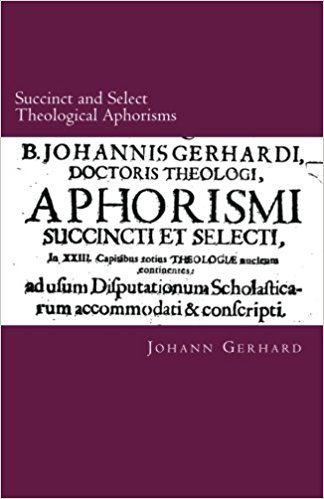
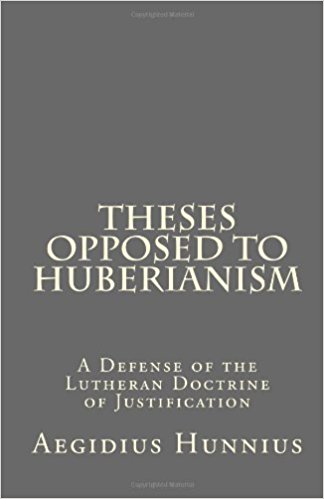

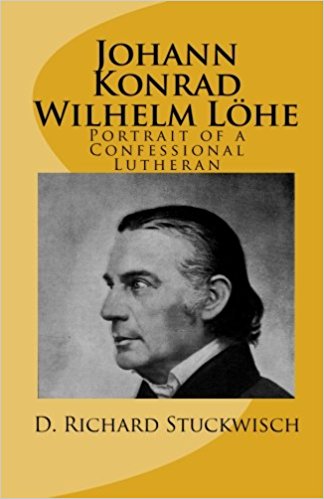

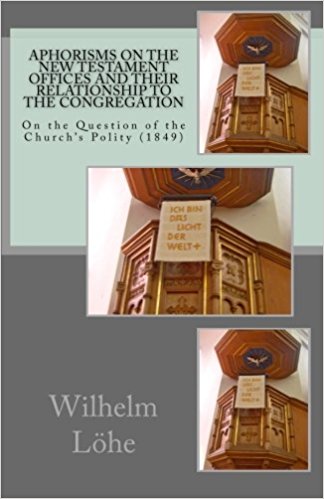

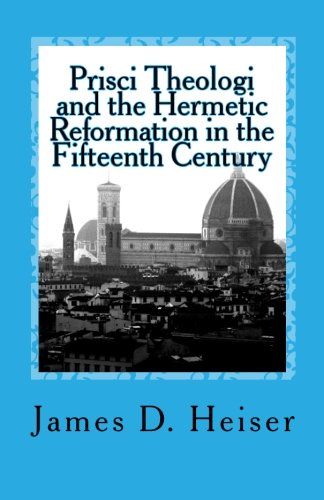

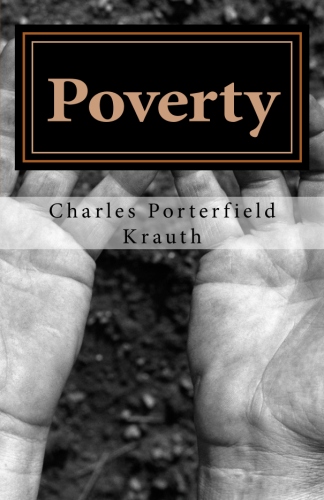

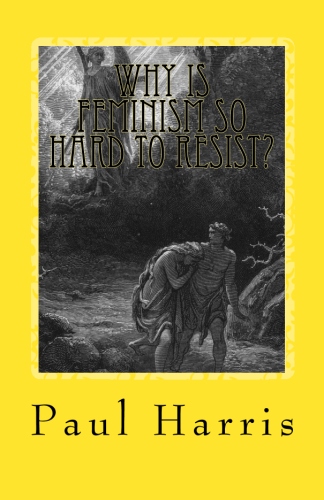



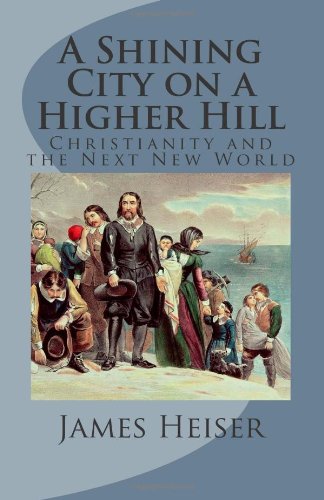
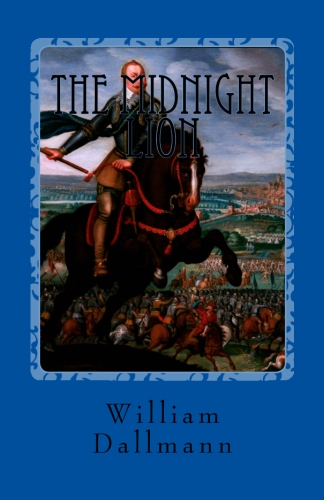


I’m happy to see this book in translation! Question: shouldn’t the date be 1611? I’m looking at the Latin, and Gerhard’s dedication is dated April 1611.
Absolutely! There was a typo on the Amazon page (likely due to Gerhard’s previous two books, published in 1610), though the “Look Inside” accurately showed 1611 as displayed in the copyright notice. Thank you for catching this; Repristination Press is always interested in accuracy in all things!